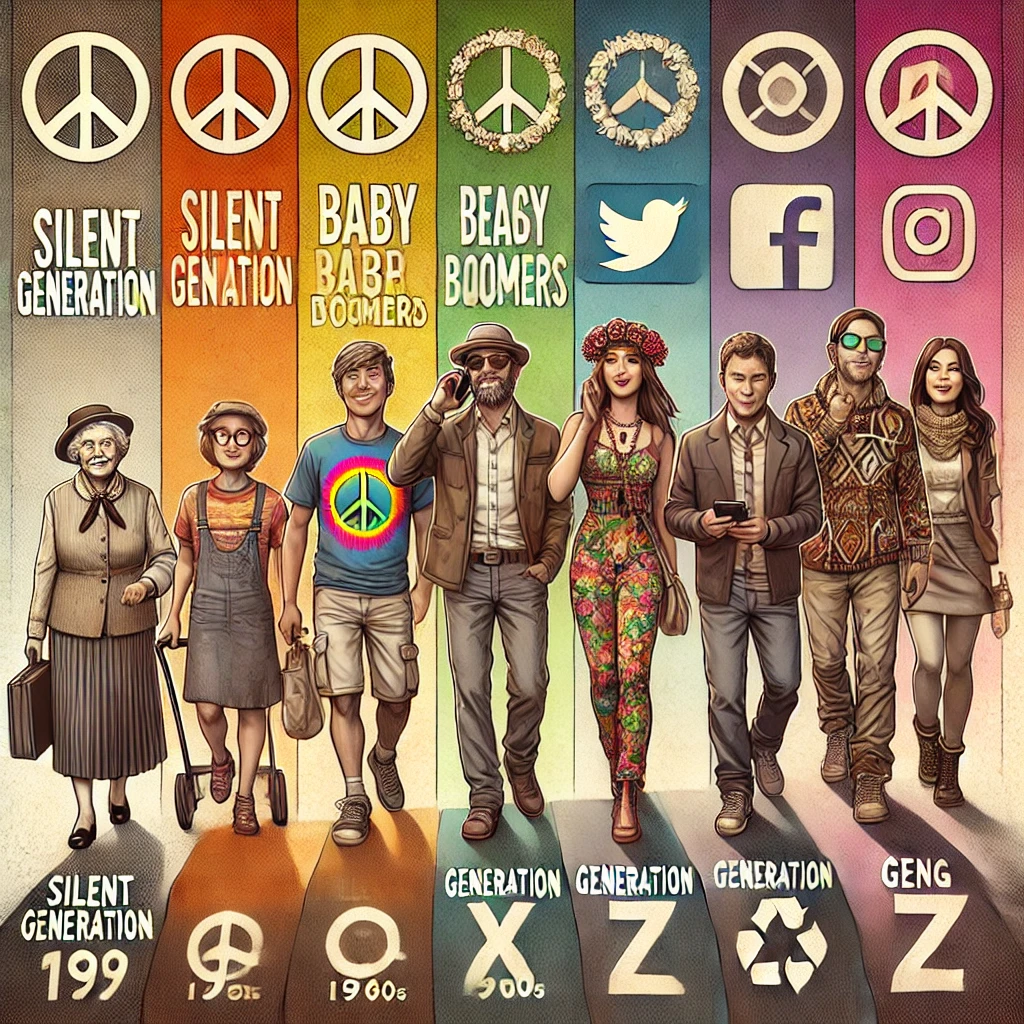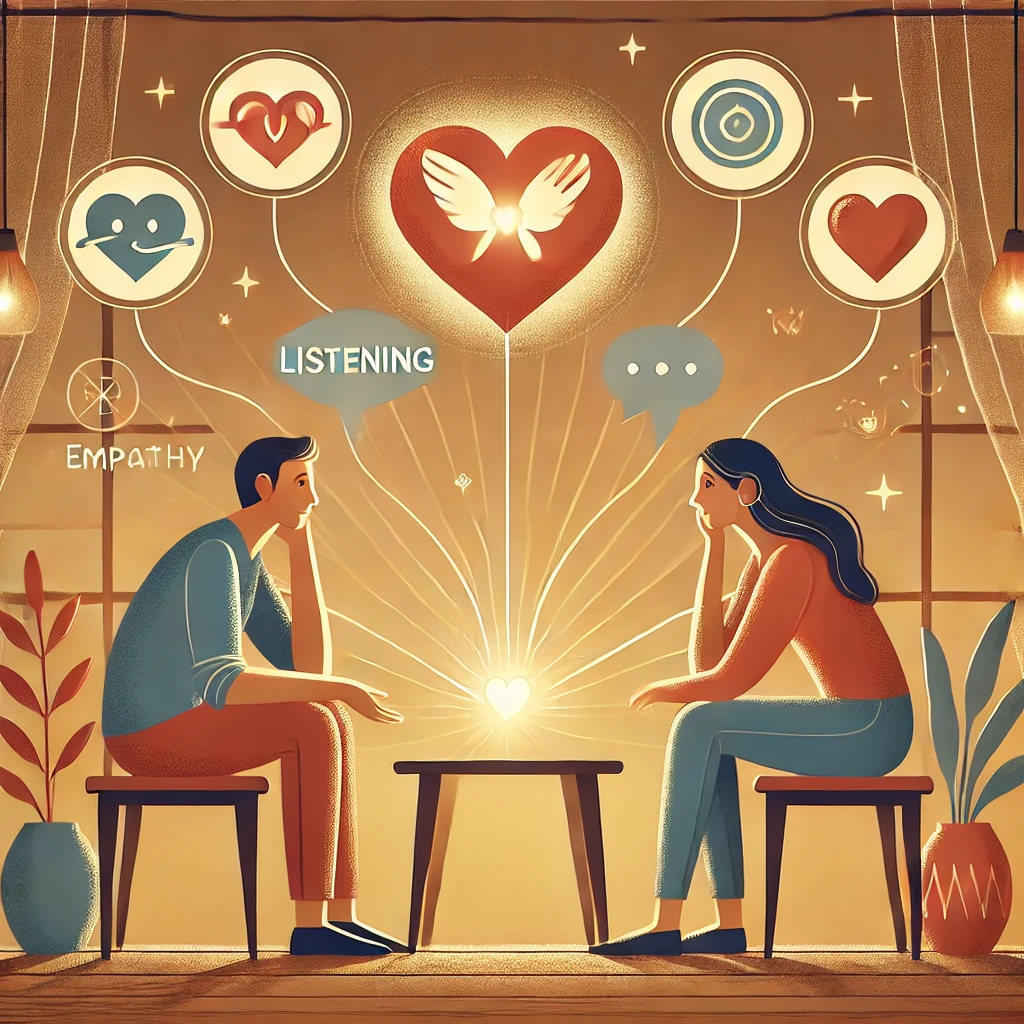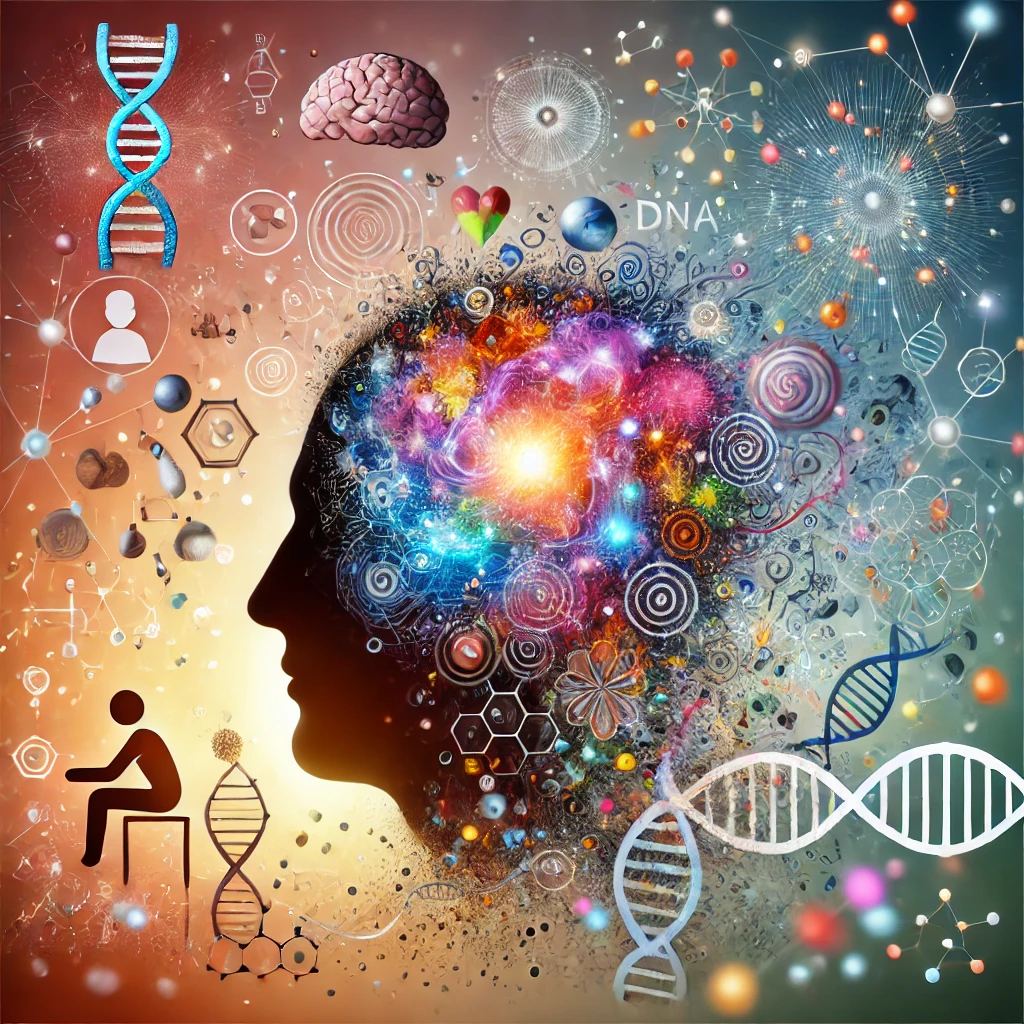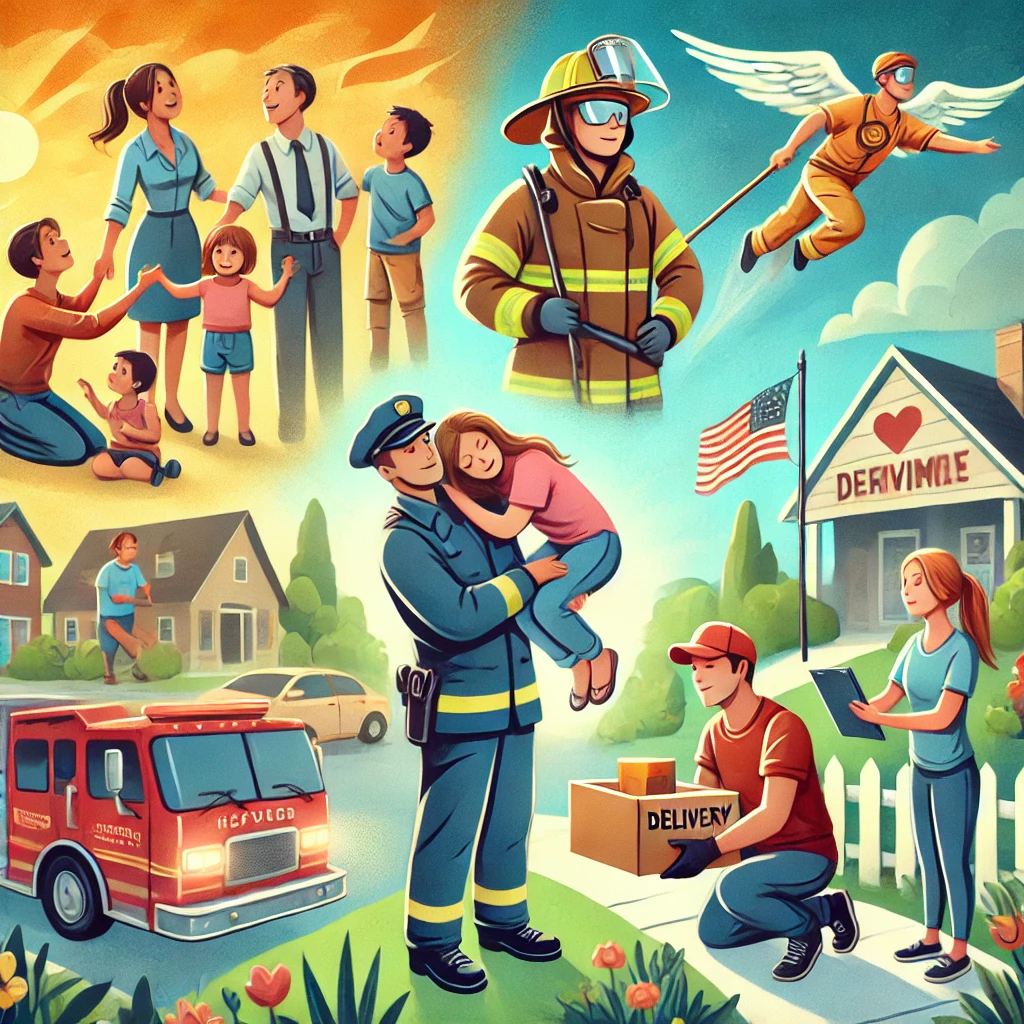Society is a constantly changing fabric, shifting as different generations emerge. Each generation brings distinct values, priorities, and cultural norms influenced by historical events, technological advancements, and social changes. By studying these shifts, we can understand how our world has evolved and the driving forces behind these transformations.
Understanding Generations and Their Traits
To grasp generational changes, it’s essential to identify the primary generations often discussed:
The Silent Generation (1928-1945)
This group was born during the Great Depression and World War II. They emphasize hard work, loyalty, and sacrifice, focusing on stability and security as they rebuilt society post-war.
Baby Boomers (1946-1964)
Growing up in a time of economic growth and significant social changes, Baby Boomers value ambition, individualism, and social progress. Their experiences were shaped by the Civil Rights Movement and the countercultural revolution of the 1960s.
Generation X (1965-1980)
Known as the “latchkey generation,” Gen X experienced economic uncertainty and the rise of dual-income households. They are characterized by independence, pragmatism, and adaptability.
Millennials (1981-1996)
As they came of age with the internet and globalization, Millennials prioritize diversity, experiences, and work-life balance. They value purpose-driven work and are digital natives.
Generation Z (1997-2012)
This generation is the first to grow up entirely in the digital age. Gen Z values inclusivity, mental health, and environmental sustainability, with social media significantly influencing their views.
Shifting Values and Priorities Across Generations
Economic Stability vs. Personal Fulfillment
For the Silent Generation and Baby Boomers, financial security was crucial, reflecting their experiences with economic hardship and post-war recovery. Conversely, Millennials and Gen Z prioritize personal fulfillment, flexibility, and meaningful work over traditional financial goals like homeownership. The gig economy and remote work trends illustrate this shift.
Family Structures and Gender Roles
The Silent Generation and Baby Boomers idealized traditional nuclear families and clear gender roles, with men as providers and women as caretakers. Gen X began to challenge these norms, with more women in the workforce and dual-income households becoming common. Millennials and Gen Z emphasize equality in relationships, sharing or blurring gender roles.
Work Ethic and Career Goals
Baby Boomers are known for their work-centric lives, adhering to the “live to work” philosophy. Gen X placed more importance on work-life balance, a priority further embraced by Millennials. Gen Z takes this even further, focusing on mental health and pursuing careers that align with their passions and social values, rejecting the “hustle culture.”
Technology and Communication
Baby Boomers witnessed the transformative impact of television, while Gen X experienced the rise of personal computers. Millennials grew up alongside the internet, and Gen Z has never known a world without smartphones and social media. These technological differences shape each generation’s communication styles, from handwritten letters to emails, texts, and now memes and TikTok videos.
Social Justice and Environmental Awareness
The Silent Generation and Baby Boomers were generally less vocal about issues like climate change and systemic inequality, although the Civil Rights and feminist movements planted the seeds of change. Millennials and Gen Z are highly active in these causes, prioritizing activism, diversity, and sustainability in their personal and professional lives.
Driving Forces Behind Generational Shifts
Historical Context
Significant events such as wars, economic downturns, and social upheavals deeply affect the values of those who experience them. For example, the Great Depression taught the Silent Generation to save money, whereas the digital age broadened Millennials’ views on the world.
Technological Advances
The rapid development of technology has reshaped priorities. Social media platforms like Instagram and TikTok serve Gen Z not just for fun but also as channels for activism, learning, and expressing themselves.
Economic Conditions
Rising student loans, housing issues, and job instability have made it harder for younger people to build wealth. This has led to a shift from owning things to valuing experiences and has sparked calls for economic changes.
Cultural and Social Evolution
As societies grow more diverse and connected, younger generations challenge old norms. Issues such as LGBTQ+ rights, gender equality, and racial justice are central to Millennials and Gen Z.
Challenges and Opportunities in Generational Shifts
Intergenerational Conflict
Value differences can create misunderstandings. Older generations might see younger ones as spoiled, while Millennials and Gen Z often view Boomers as resistant to change.
Collaboration Across Generations
Despite conflicts, generational diversity can drive growth. Combining the experience of older generations with the fresh ideas of younger ones can benefit businesses and societies.
Adapting to Change
Institutions need to adjust to changing priorities. Workplaces, for example, are now embracing remote work and DEI (Diversity, Equity, and Inclusion) initiatives to attract younger employees.
The Future of Generational Values
As the 21st century advances, values will continue to evolve. Future generations, influenced by global challenges like climate change and AI, will likely focus on sustainability, adaptability, and ethical progress.
Understanding these changes is crucial for fostering empathy and bridging generational gaps. By learning from history and listening to today’s voices, we can better prepare for what lies ahead.
Generational shifts reflect humanity’s ability to adapt and endure. They show that while our values may change, our drive for progress and connection remains strong.




